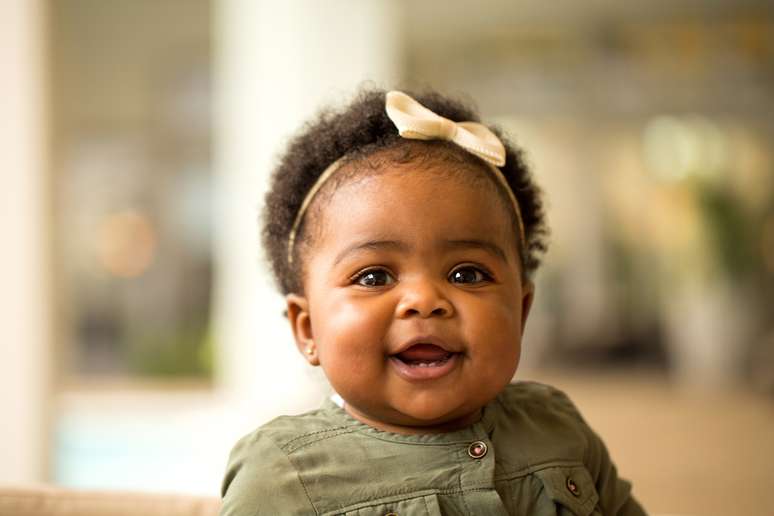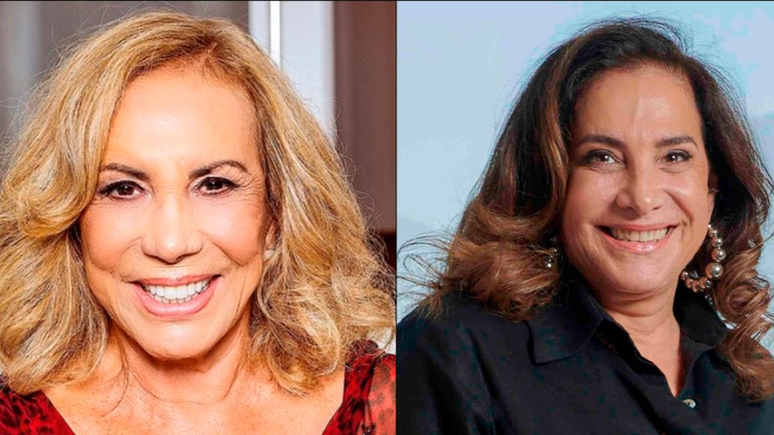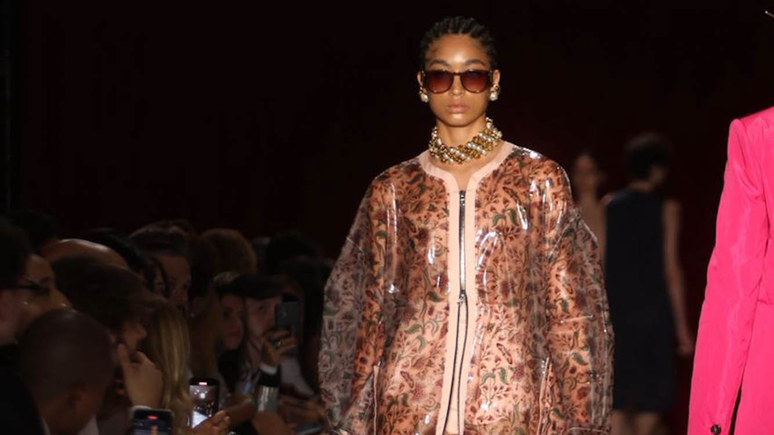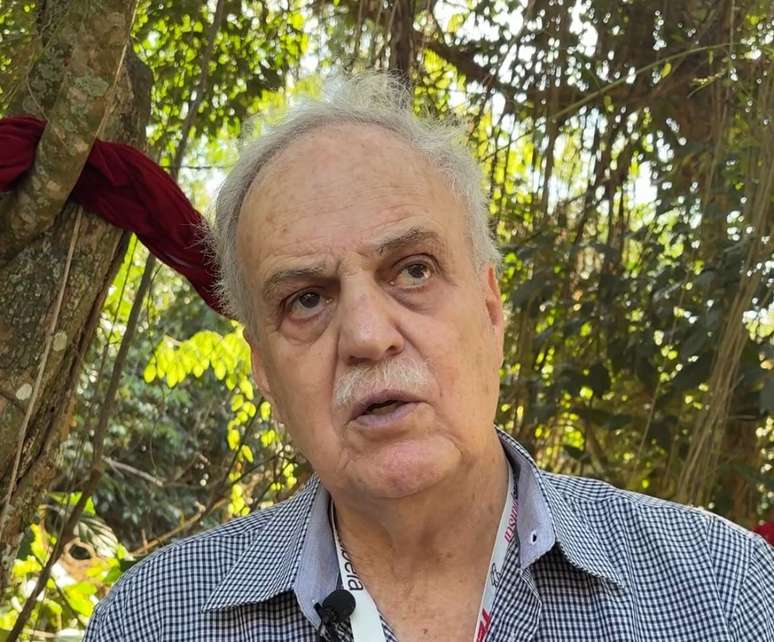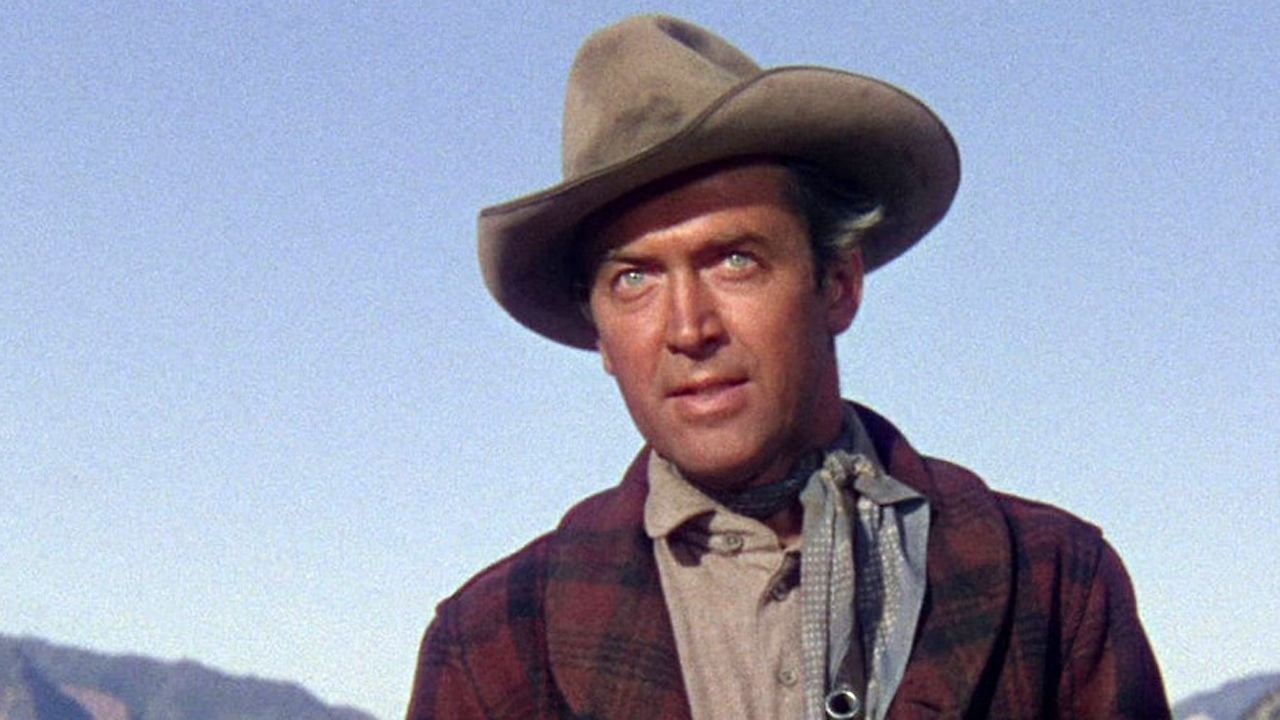Find out how to ensure your child’s oral health from an early age
When deciduous teeth, popularly called milk teeth, begin to appear, countless questions arise in the minds of novice mothers and fathers. In this period, when the baby is about six months old, it is important to clarify some doubts. First, it’s worth noting that this period may not be as dark as commonly thought, and that some children’s teeth may erupt much earlier or much later, between the fourth and eighth month of life.
html[data-range=”xlarge”] figure image img.img-4f7af83d2476324b888a46091102b760cznlq8jy { width: 774px; height: 516px; }HTML[data-range=”large”] figure image img.img-4f7af83d2476324b888a46091102b760cznlq8jy { width: 548px; height: 365px; }HTML[data-range=”small”] figure image img.img-4f7af83d2476324b888a46091102b760cznlq8jy, html[data-range=”medium”] figure image img.img-4f7af83d2476324b888a46091102b760cznlq8jy { width: 564px; height: 376px; }
Symptoms of the first teeth
It is very common for the child to show some symptoms when the small teeth start to arise, such as excessive salivation, mild swelling of the gums, sensitivity and, often, an increase in body temperature, which does not mean that the child has a fever. Often the child becomes more irritated, cries and whines when biting.
Dentist Luiza Ferrari Benetti recommends the use of children’s toothpastes and harder textured food for scratching, relieving discomfort and helping teeth erupt. “There are models of teethers that are filled with treated water and can be refrigerated before use, becoming an extra ally,” she suggests.
Importance of first teeth
Pediatric dentist Juliana Bizzo cautions that the care needed for the primary dentition is exactly the same as for the permanent dentition. “It’s very important. It’s not because we’re going to change it that we should think we can’t take care of it! On the contrary, the deciduous set of teeth is the one that saves space for the permanent teeth and, without these spaces, “the permanent teeth would all be crooked. So baby teeth play a huge role,” she clarifies.
Early oral hygiene
Concern for your child’s oral health should begin before teeth appear. According to Juliana Bizzo, even before the first tooth appears, parents should already get their child used to oral hygiene.
“The ideal is that, since the child does not have teeth yet, they use a piece of gauze wrapped around the index finger, dip it in filtered water and clean the gums and tongue of child. With that he gets used to the procedure and he likes it too,” she advises.
Also, oral hygiene habits are established from childhood. Most people who do not learn to take care of their teeth from childhood will not take care of their permanent teeth. That is, those who have healthy habits with deciduous dentition will probably have them with the permanent one.
Use of toothbrush
The process can continue all the same with the birth of the first teeth, which are the front ones. “From the moment the back teeth appear, it is already recommended to introduce toothbrushes. Children will still need their parents, because they won’t be able to wash themselves, but hygiene must be done with the toothbrush from then on” , emphasizes the dentist.
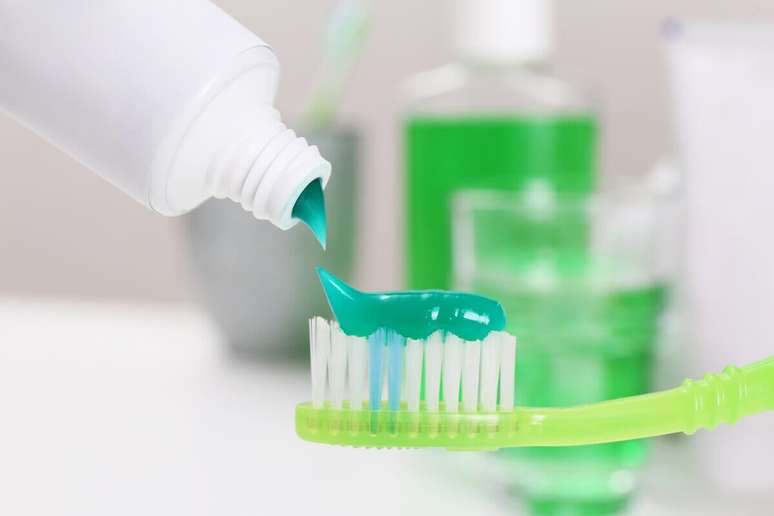
Amount of toothpaste
According to the dentist Cintia Aparecida Damo Simões, parents should offer their children Toothpaste infant with fluoride at this stage. However, use should be done sparingly, using a small amount (half a grain of uncooked rice) in the transverse direction of the brush.
The expert teaches that parents should start brushing their teeth from the beginning, with an age-appropriate fingertip or toothbrush, at least twice a day and especially before going to bed. “We mustn’t forget that, when we have two teeth, we can start flossing,” he points out.
Dentist Luiza Ferrari Benetti points out that, at this stage, there is little treatment, as primary teeth are more porous than permanent teeth. Therefore, more susceptible to cavities.
Be careful with your toothpaste intake
It is worth remembering: Only use toothpastes specifically designed for children or choose not to use it, as the mechanical action of the toothbrush is sufficient to clean the teeth. teeth. Also, try not to let the baby swallow toothpaste, which is very harmful to the body.
Consultation with the dentist
Many parents only start thinking about taking their children to the dentist when they are older or when they complain of pain. However, pediatric dentist Juliana Bizzo recommends that consultations begin long before the first teeth appear, mainly so that the dentist can explain all the procedures to the parents, for example, how oral hygiene should be done before the primary teeth.
Source: Terra
Ben Stock is a lifestyle journalist and author at Gossipify. He writes about topics such as health, wellness, travel, food and home decor. He provides practical advice and inspiration to improve well-being, keeps readers up to date with latest lifestyle news and trends, known for his engaging writing style, in-depth analysis and unique perspectives.

